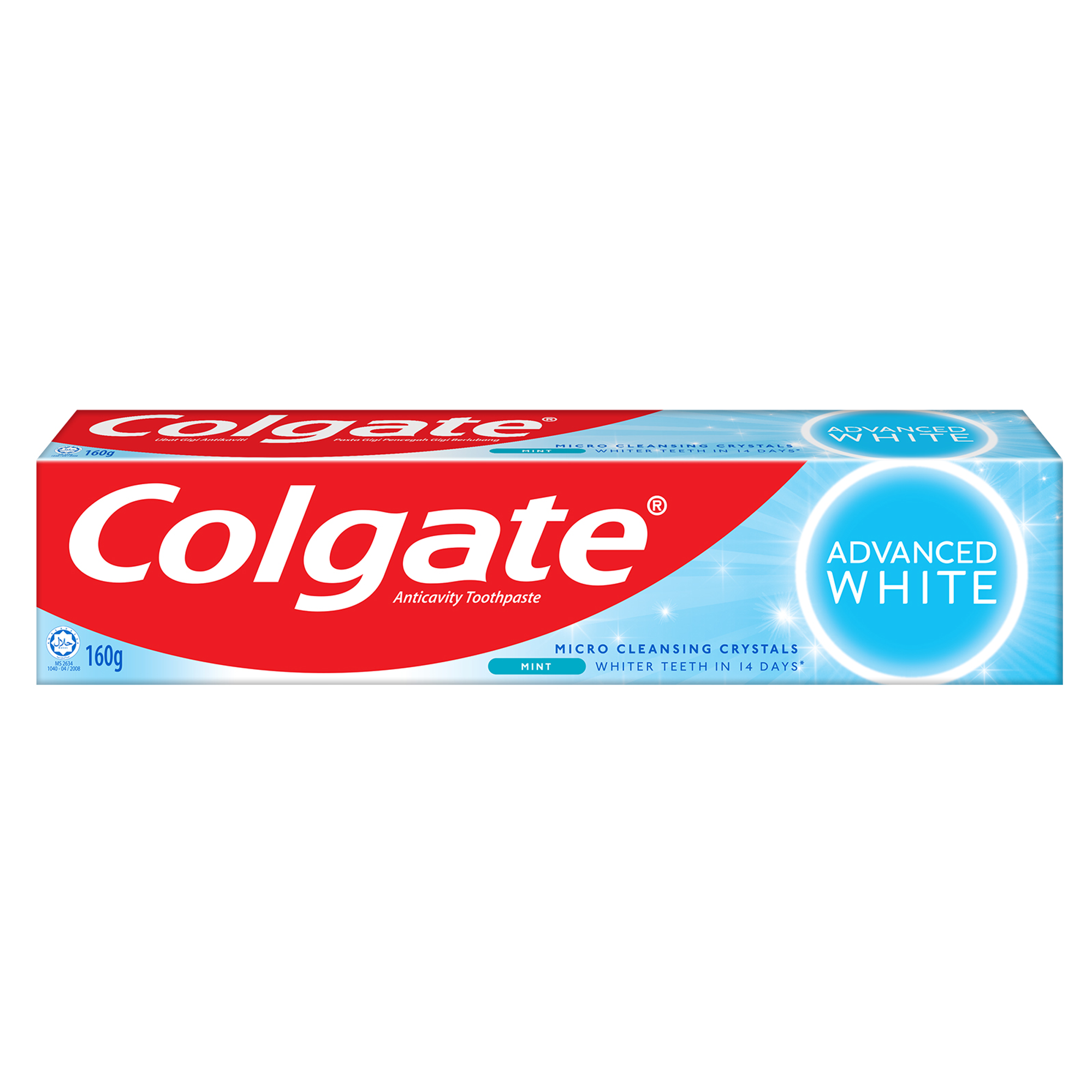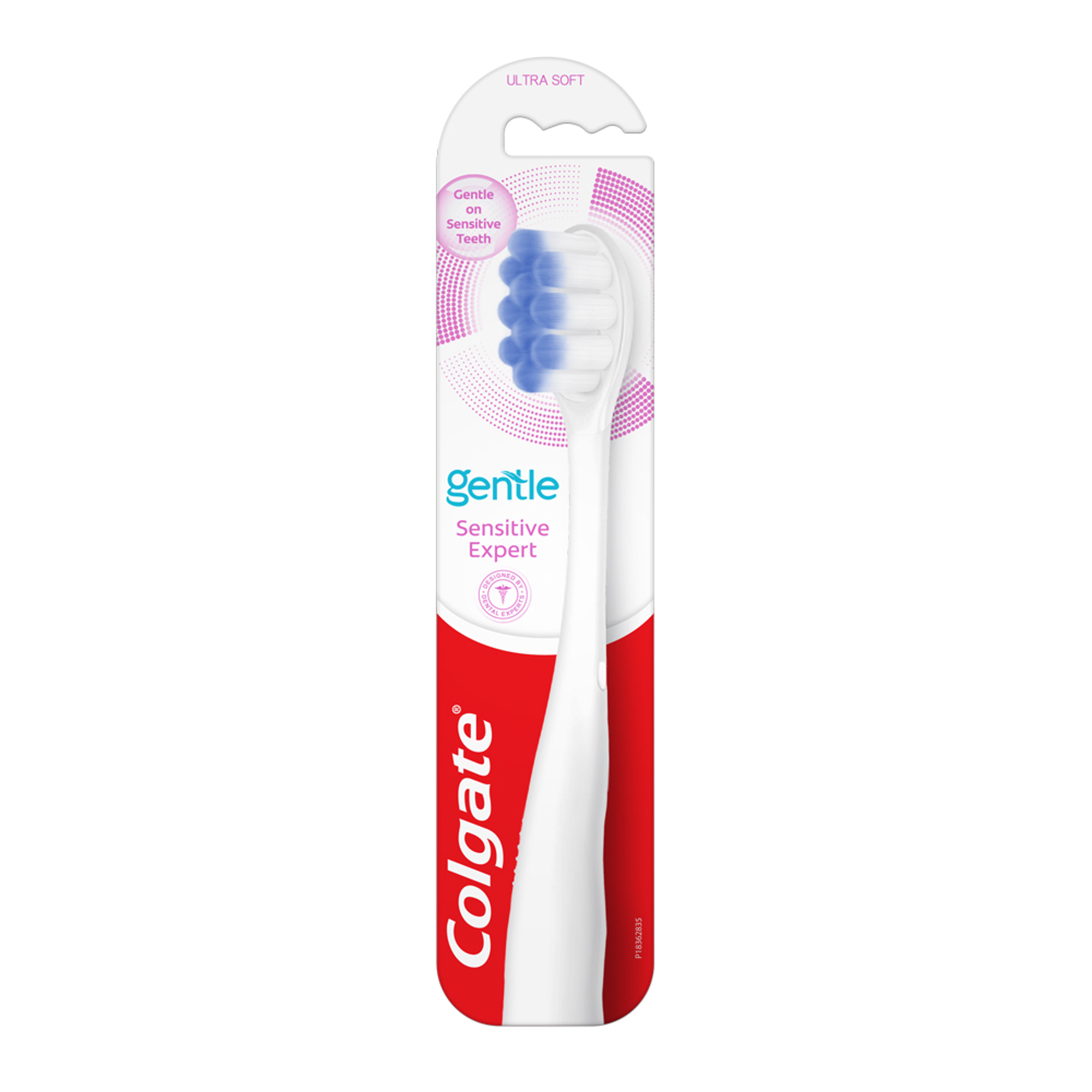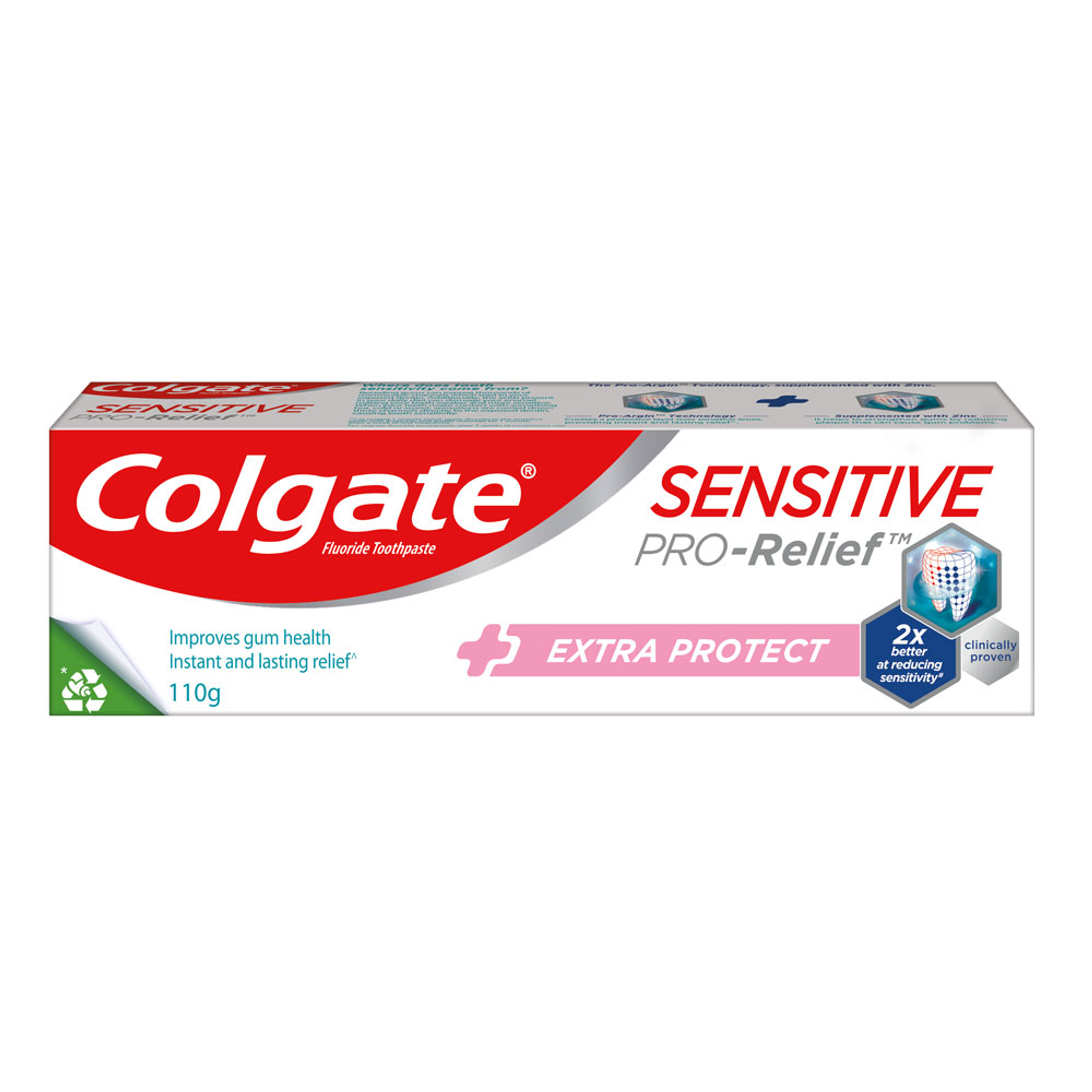What is Teeth Sensitivity?
Teeth sensitivity, or dentin hypersensitivity, occurs when the protective enamel layer of the teeth is compromised, exposing the underlying dentin. This dentin contains microscopic tubules that lead to nerve endings, making it sensitive to various stimuli. When exposed, these nerve endings can react sharply to changes in temperature or pressure, leading to discomfort or tooth pain. Identifying and addressing the causes by choosing the right sensitive teeth treatment can significantly reduce discomfort and protect your teeth from further damage.
Most Common Causes of Teeth Sensitivity
In Malaysia, the prevalence of sensitive teeth is a significant concern. The research conducted at the Hospital Universiti Sains Malaysia (USM) found that tooth sensitivity is not just a random occurrence. It is influenced by multiple factors such as age, the type of toothpaste and toothbrush used, and brushing frequency, highlighting the complexity of this common dental issue. To learn, it’s important to understand the most common causes of tooth sensitivity.
Gum Recession
Gum recession occurs when the gum tissue pulls away from the teeth, exposing the tooth root. This exposure can lead to increased sensitivity, as the roots of the teeth are not protected by enamel and contain numerous nerve endings. When exposed, the root surfaces can become sensitive to temperature changes and certain foods. Gum recession can result from periodontal disease, aggressive brushing, or natural ageing.
Brushing Too Hard
Using a hard-bristled toothbrush or applying excessive pressure while brushing can wear down the enamel and irritate the gums. This practice can lead to enamel erosion and gum recession, both of which contribute to tooth sensitivity. In the debate of soft vs. hard brushes, it is recommended to use a soft-bristled toothbrush and gentle brushing techniques to prevent this issue.
Acidic Foods
Consuming acidic foods and beverages, such as citrus fruits, soda, wine, and vinegar, can erode tooth enamel over time. The acid in these foods can weaken the enamel, making the underlying dentin more susceptible to exposure and sensitivity. Limiting the intake of acidic foods and rinsing the mouth with water after consumption can help reduce this effect.
Recent Dental Procedures
Dental treatments such as teeth whitening, fillings, and root canals can temporarily increase tooth sensitivity. This sensitivity is usually short-lived and should subside as the mouth heals. However, if sensitivity persists, it is essential to consult a dentist to rule out complications.
Plaque Buildup
Plaque is a sticky film of bacteria that forms on the teeth. If not removed through regular brushing and flossing, plaque can harden into tartar, leading to gum disease and enamel erosion. This buildup can expose the dentin and contribute to tooth sensitivity. Maintaining good oral hygiene practices is vital for preventing plaque accumulation.
How to Treat Teeth Sensitivity?
Sensitive teeth treatment involves a combination of home remedies, over-the-counter products, and professional dental treatments. Here are some effective strategies:
Desensitising toothpaste: These toothpastes contain compounds that help block pain signals from reaching the nerves in the teeth. Regular use can reduce sensitivity over time.
Fluoride treatments: Professional fluoride treatments can strengthen enamel and reduce sensitivity. Dentists may apply fluoride gel or prescribe fluoride mouthwash for home use.
Saltwater rinse: A saltwater rinse can help reduce inflammation and promote healing. Mix half a teaspoon of salt in a glass of warm water and rinse your mouth for relief.
Avoiding triggers: Identifying and avoiding foods and drinks that trigger sensitivity can help manage symptoms. This may include hot foods, cold foods or drinks, sweets, or acidic items.
Dental procedures: In severe cases, dentists may recommend treatments such as dental bonding, crowns, or gum grafts to protect exposed areas and reduce sensitivity.
Dental Sealants: If your sensitivity is due to exposed dentin, your dentist may apply sealants to form a protective layer over the sensitive areas of your teeth.
Restorative Procedures: In cases of cracked teeth or severe gum recession, restorative treatments such as crowns, bonding, or gum grafts may be necessary to restore the tooth structure and alleviate sensitivity.
How to Prevent Tooth Sensitivity?
To prevent tooth sensitivity, it’s important to adopt proper oral hygiene practices and consider sensitive teeth treatments, such as using toothpaste specifically designed to protect against sensitivity. Sensitive teeth prevention involves maintaining good oral health and making lifestyle adjustments. Here are some effective strategies:
Practise good oral hygiene: Brush your teeth twice daily with fluoride toothpaste and floss daily to remove plaque and prevent gum disease.
Use a soft-bristled toothbrush: A soft-bristled toothbrush is less abrasive on the enamel and gums, reducing the risk of erosion and recession.
Avoid aggressive brushing: Use gentle, circular motions while brushing to minimise wear on the enamel and irritation to the gums.
Limit acidic foods and drinks: Reducing the intake of acidic foods and beverages can help protect enamel from erosion.
Stay hydrated: Drinking water throughout the day can help wash away food particles and acids, promoting a healthier mouth.
Regular dental check-ups: Visiting the dentist regularly for cleanings and check-ups can help identify and address potential issues before they lead to sensitivity.
Wear a mouthguard: If you grind your teeth at night, wearing a mouthguard can help protect your teeth from wear and reduce sensitivity.
Sensitive teeth can be a challenging condition, but understanding its possible causes, treatment options, and preventive measures can significantly improve your quality of life. You can effectively manage tooth sensitivity by adopting good oral hygiene practices, being mindful of dietary choices, and seeking professional dental care when needed. If you experience persistent or severe sensitivity, consult your dentist for a thorough evaluation and tailored tooth sensitivity treatment plan. With the right approach, you can enjoy your favourite foods and beverages without discomfort.
Frequently Asked Questions
1. How to cure sensitive teeth naturally?
Yes, tooth sensitivity can be improved naturally. Remedies for sensitive teeth cure include using toothpaste for sensitive teeth, avoiding acidic or sugary foods, and rinsing with salt water. Applying clove oil or consuming foods rich in calcium may also help strengthen enamel. Maintaining good oral hygiene and using a soft-bristled toothbrush are essential. However, persistent sensitivity should be evaluated by a dentist.
2. What is the best toothpaste for sensitive teeth?
The best toothpaste for sensitive teeth is designed to reduce discomfort by blocking pain signals and protecting the enamel. These are desensitising toothpastes that work by calming the nerves inside your teeth and creating a protective layer over exposed areas. They can reduce discomfort and provide long-term protection if used regularly.
3. How to decrease tooth sensitivity?
To decrease tooth sensitivity, use desensitising toothpaste, avoid acidic and sugary foods, brush gently with a soft-bristled toothbrush, use a straw when drinking cold beverages, wear a mouthguard if you grind your teeth, and maintain good oral hygiene. If symptoms persist, consult a dentist for professional treatments like fluoride gels, fillings, or gum grafts.
4. How do dentists fix sensitive teeth?
Dentists can provide sensitive teeth treatment with various procedures, depending on the cause. These may include applying desensitising agents or fluoride gels, placing fillings or crowns to restore damaged tooth structure, performing gum grafts to cover exposed roots, or conducting root canal therapy in severe cases.













